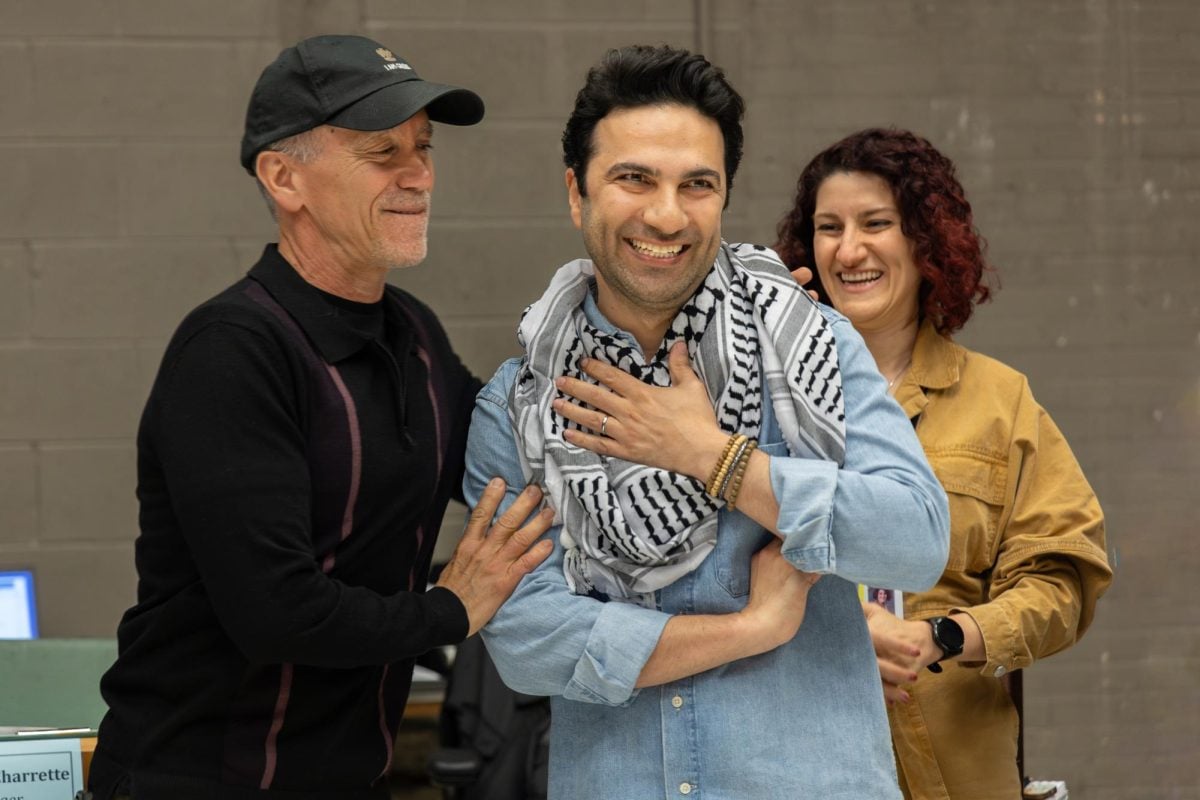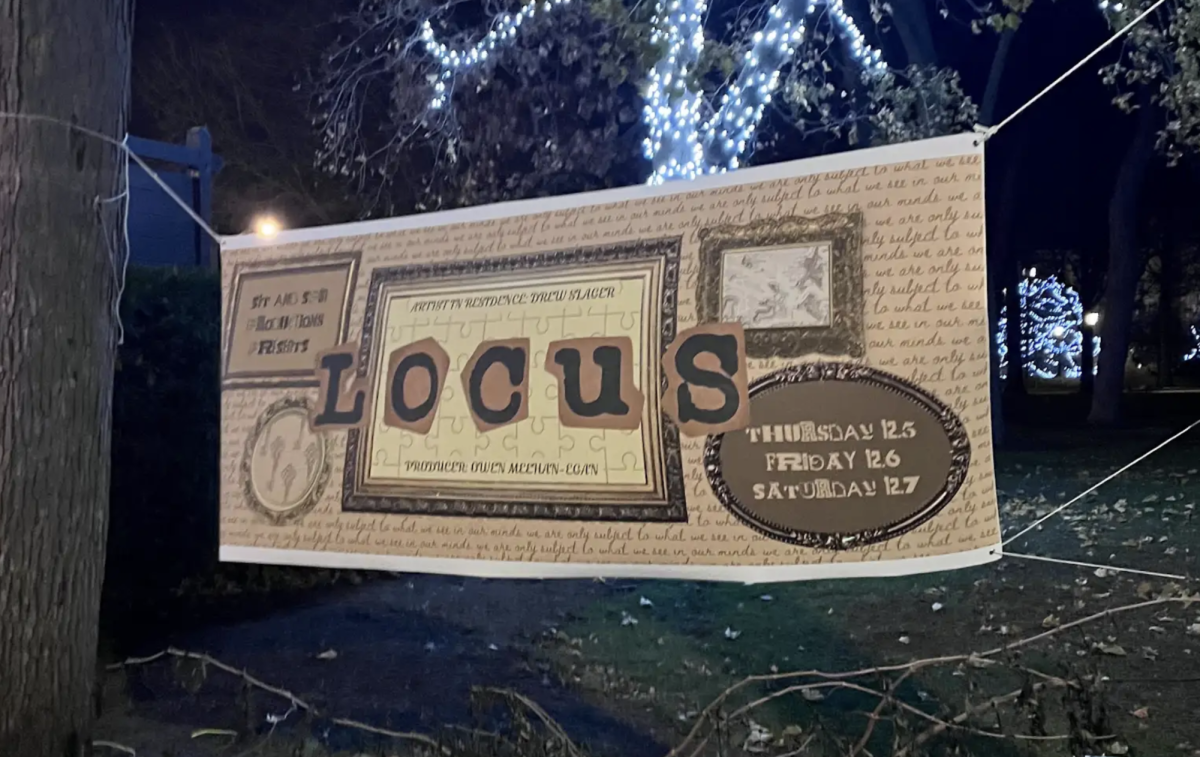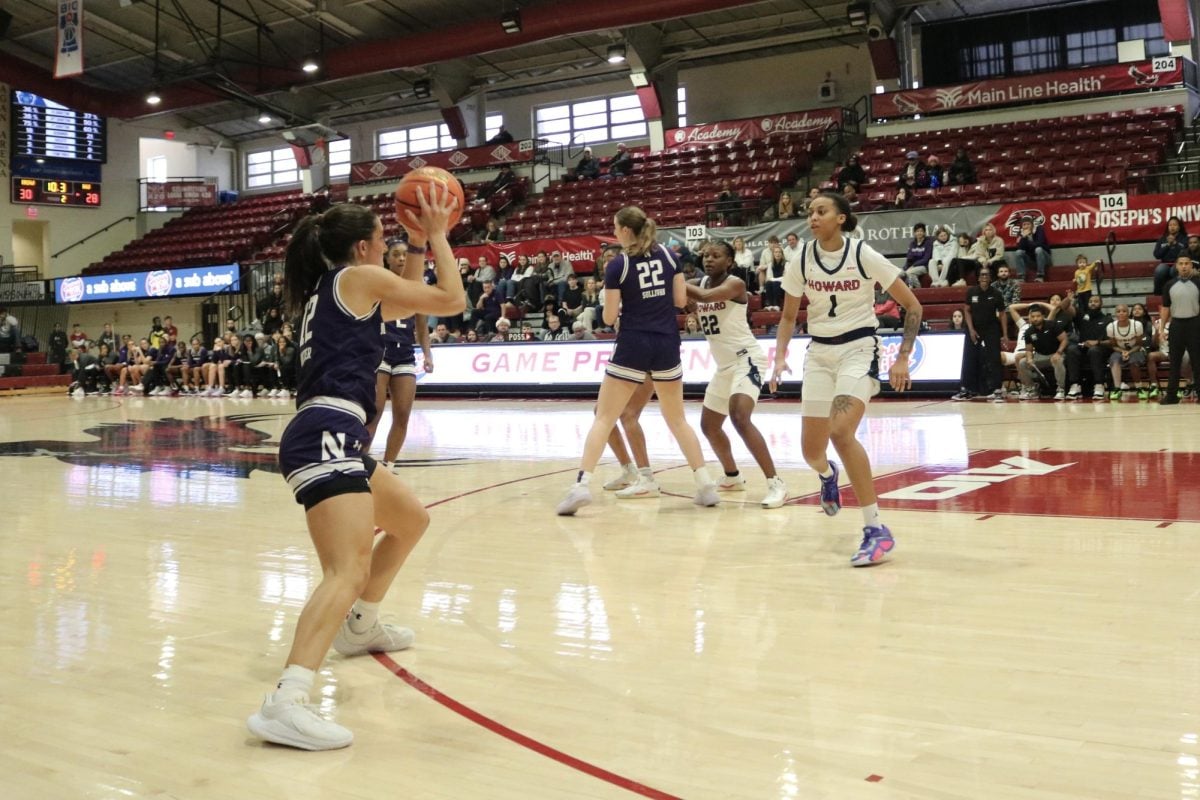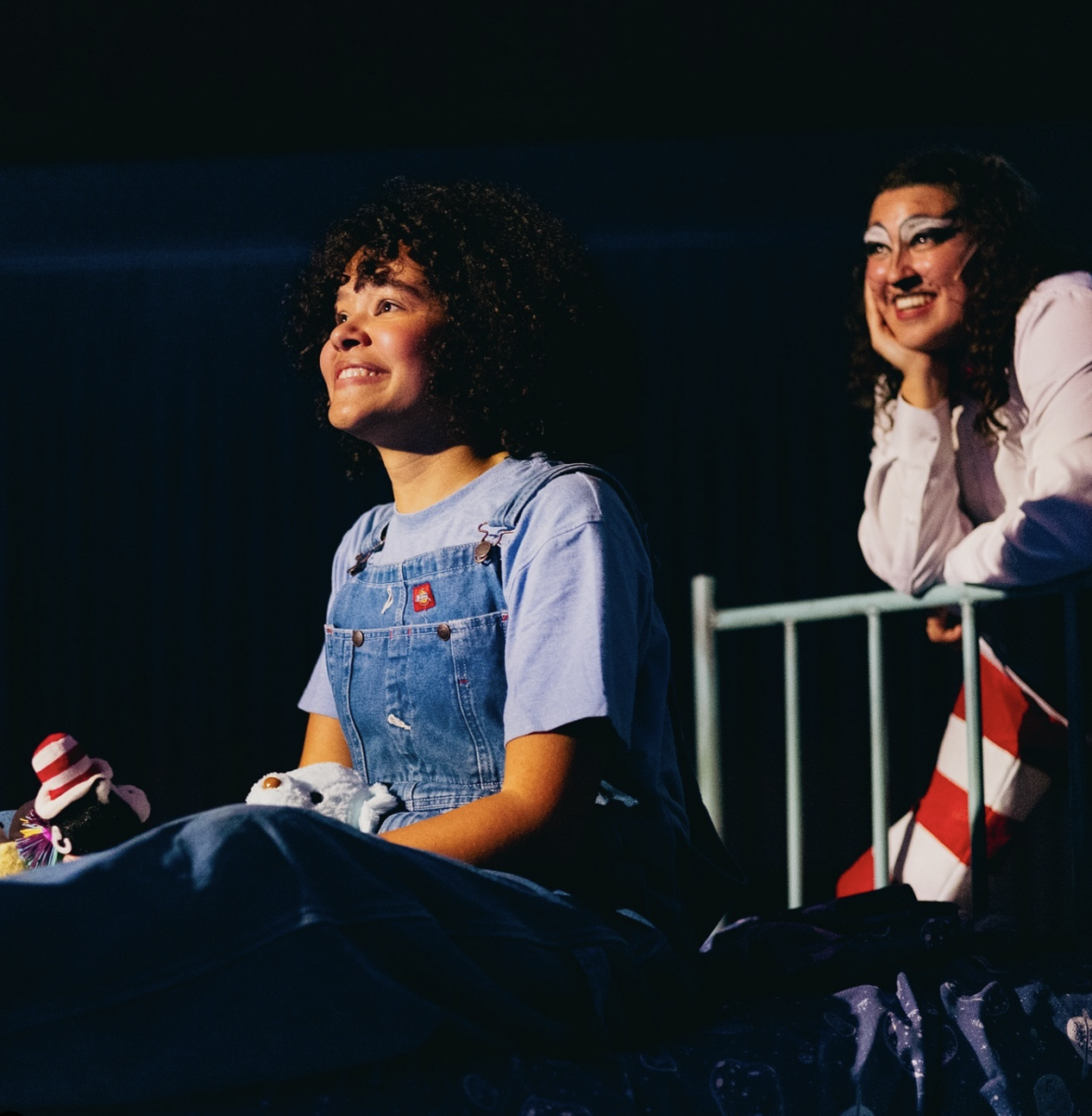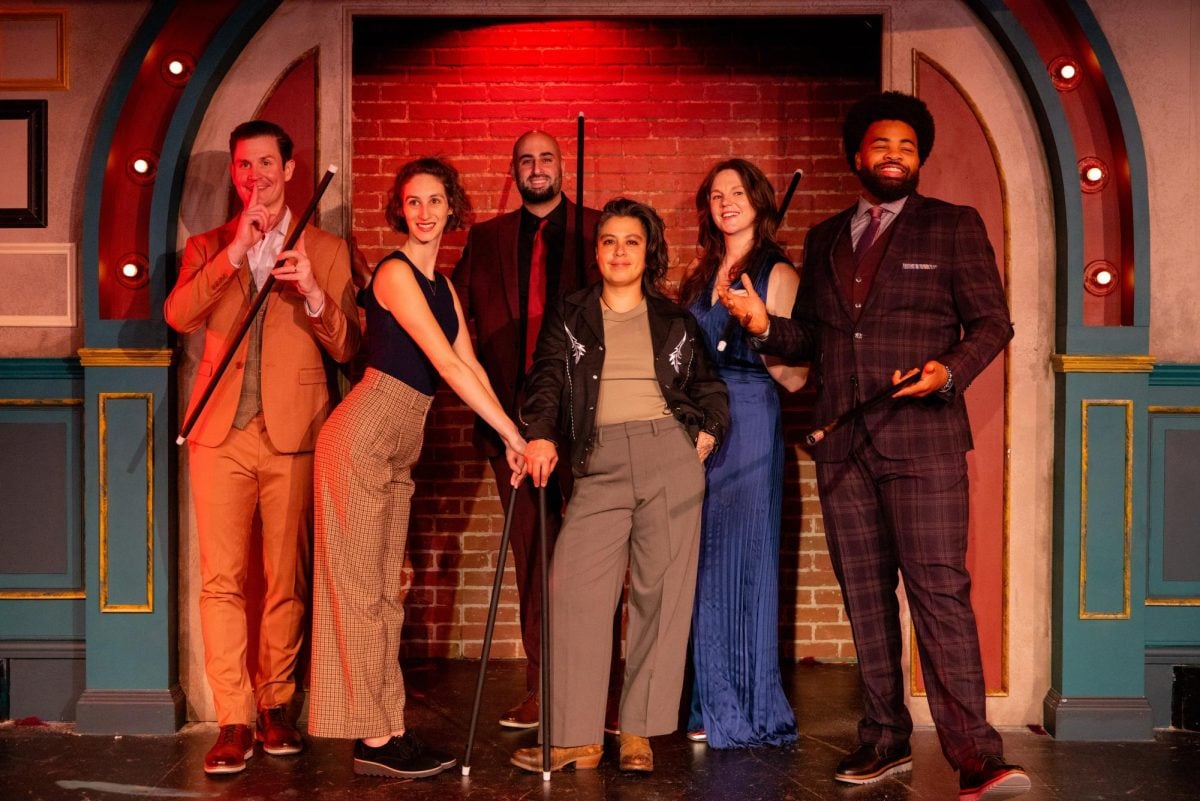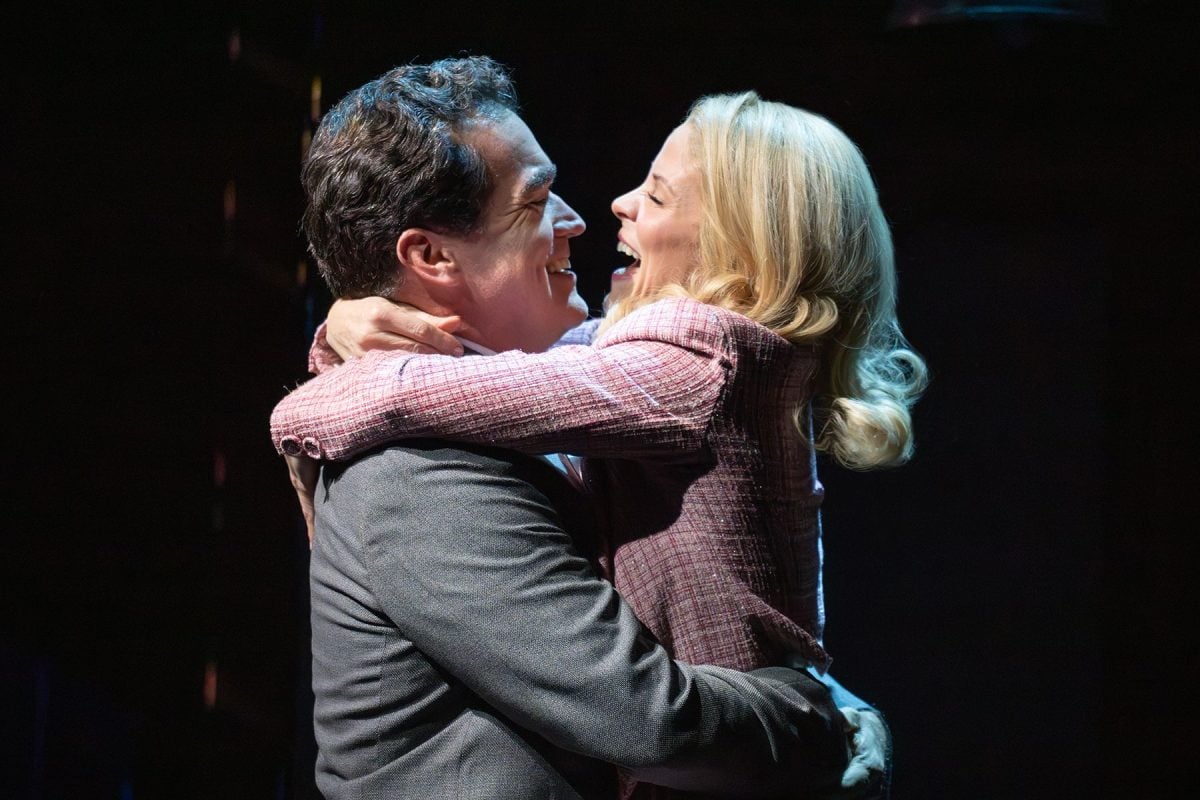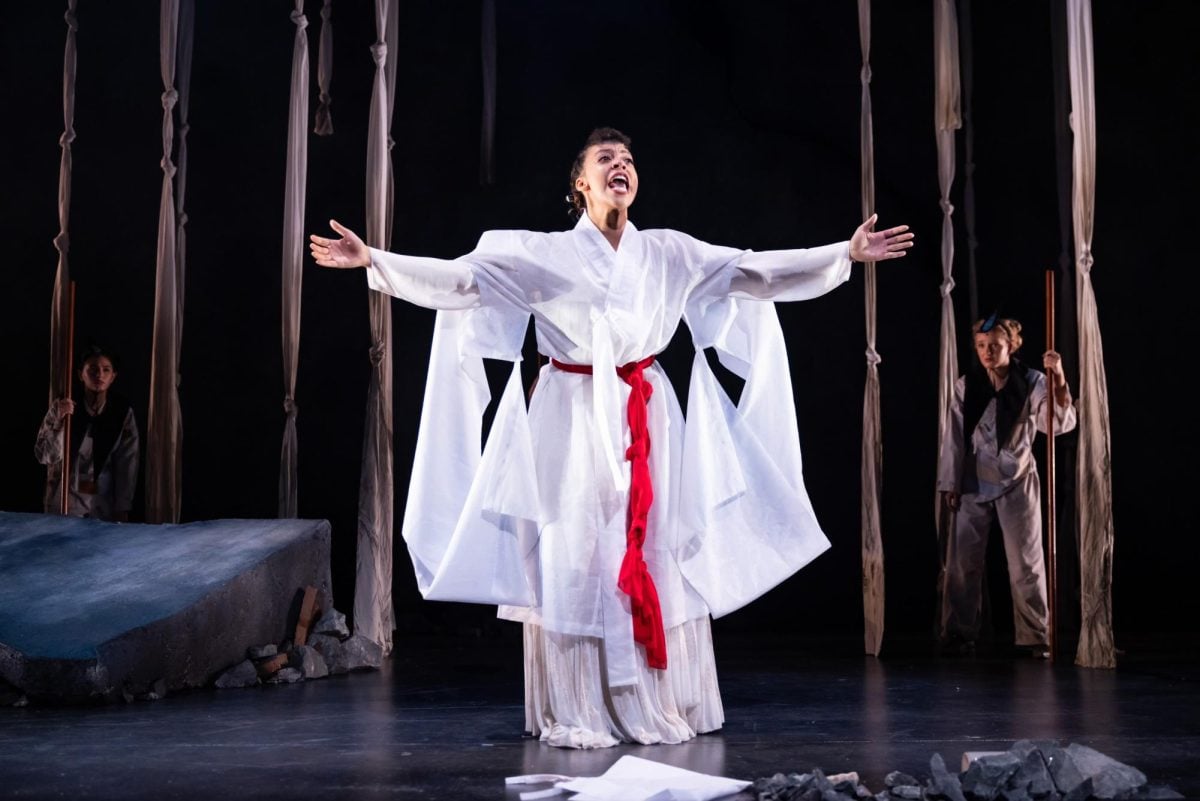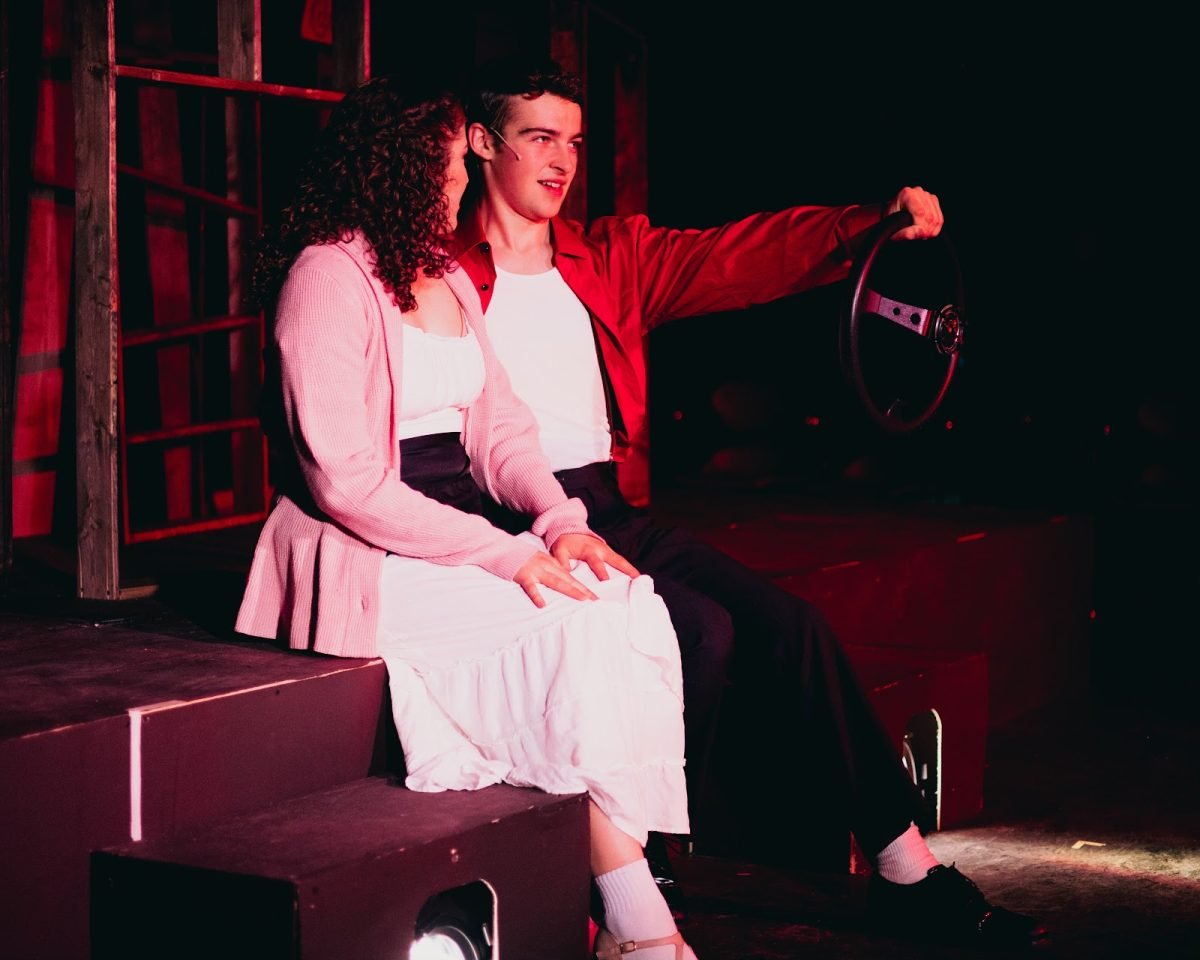Hamid Dehghani (Communication M.F.A. ’22) spent over a decade involved in Iran’s theater scene before moving to the U.S. in 2018. Dehghani, who did not speak English before applying to Northwestern for his master’s, is the director of a new play “English,” which premiered in Chicago at the Goodman Theatre on May 10.
“English” is about four students in Karaj, Iran who meet while studying for the Test of English as a Foreign Language. The play won the 2023 Pulitzer Prize for Drama and will run at the Goodman Theatre until June 9.
Dehghani sat down with The Daily to talk about why he chose to direct “English” and his journey in the theater world leading up to it.
This interview has been lightly edited and condensed for brevity and clarity.
The Daily: Why did you choose to direct “English”?
Dehghani: This story is so personal to me because I didn’t know how to speak English when I was in Iran. There was a point when it was difficult to live in Iran because of all sorts of sociopolitical issues; so my wife and I decided to come to the States and that required me passing the TOEFL exam. And so I studied English and at some point after a year, English was just my whole life — learning English and taking that exam.
When I heard about this play I said, “Oh my God, I have lived this story. I know everything about this play. I have to direct it.” When you learn English at that stage in your life, you feel you’re so alone learning, and you forget that many other people also have the same experience. So this play conveys and embodies that experience in a very beautiful way and also talks about different aspects of language and identity, especially Persian and English. I had to direct it.
The Daily: How would you describe your relationship with the language now?
Dehghani: In retrospect, I feel that I was in a fight with language — with English. I wanted to do everything mathematically — sentences, words, grammar, adjectives, verbs — and it was so difficult for me. After two years, I took the exam and went to Northwestern in 2018. But even here, I continued learning English.
But at some point, I stopped practicing. That was a shifting point for me. I made peace with the language learning, and everything changed. Many international students experience that. It’s an ongoing thing, and it never becomes your first language. You just add, and you feel that you’re adding a new dimension to your identity. In English, I feel I’m a different person than in Farsi.
The Daily: How did your experience as an immigrant play a role in the kind of theater you practiced at NU?
Dehghani: As an artist, you’re inspired by your own experience. My first show at Northwestern, I (directed) a translation of an Iranian play because I knew it very well. It would be much easier for me because of language, I said. But it turned out it was actually the opposite because I found something much more challenging — my actors were all Americans, and so I had to explain everything to them about the culture, about the nuances.
The second year I decided to do a more universal story — a play written by an American playwright. It was much easier to connect because it was about love, death, memory, things that we all understand regardless of our language or our culture. It showed me I can do a lot more depending on the play.
And then my last show at Northwestern was a play called “Bengal Tiger at the Baghdad Zoo.” That was a very successful show. The play had some American characters, some Middle Eastern characters. (It was) a story we could connect to, and I was able to serve the play much better because I’m more familiar with Islam and the Middle East. I realized that I can be a channel in the American theater. I want to bring something with my native language and bring stories that my American colleagues can’t do in the way that I can.
The Daily: How is the theater you do here different from the kind you did in Iran?
Dehghani: The Iran theater scene is very good, vibrant, but more experimental, more influenced by Eastern European theater. And because the country has a dictatorship system, free speech is not a thing; so you have to find ways to express your thoughts in theater. You use the theater language — the language of metaphor much more than the text.
Here in America, everything is more text-based, the playwright is the most important person in the play because that’s the main tool to express thoughts and ideas. But in Iran, the director becomes the most important person because the director has to find ways to express those ideas in a metaphorical and more theatrical way to evade the censorship system.
The Daily: How did it feel knowing that the government was closely monitoring the industry and your plays were at risk of being censored or banned?
Dehghani: It was very frustrating because you don’t have the support of the system so you have to do everything yourself. Majority of the Iranian theater audience were young people because going to the theater was like activism. As a director, I was always with my show during the public performance because I was watching the audience to see if an undercover agent or someone was in the audience. If I suspected someone, I had to tell backstage to my actors, “Okay, tonight is risky, don’t do this, don’t do that, don’t say that.” Sometimes we were caught, and we would receive a letter the next day, “Last night, you did this, you did that. If you repeat that, we’re taking down your show.” So in a way, it was exciting but also risky.
The Daily: What has been your favorite part about directing “English”?
Deghani: It was a very fulfilling process because I got to tell a very important story that was so personal to me. I felt a sense of relief that I could share what I have felt. And also another aspect that I’m so excited about is working with Iranian actors. (In Iran) all of my friends were actors, playwrights; they were in my tribe, in my community. Even though when I came here, I had American theater friends, there was a wall between us, culturally. But now I feel just so much more joy of being reunited with Iranian actors in the theater in America. It’s just so fantastic for me, I feel more of being myself.
Also something that I’m excited about is just creating a piece of Iran for American audiences. We can show them: this is Iran, this is Iranian people — apart from political news. (We’re helping) American audiences connect to Iranians in a more human way.
Email: [email protected]
Related Stories:
— Q&A: Mia Van De Mark talks role in “Women Beware Women,” bringing clarity to projected theater career
— NU alum Nolan Robinson talks ‘The Wiz’ Broadway revival
— ‘Are We Home Yet?’ combines comedy, theater and music
